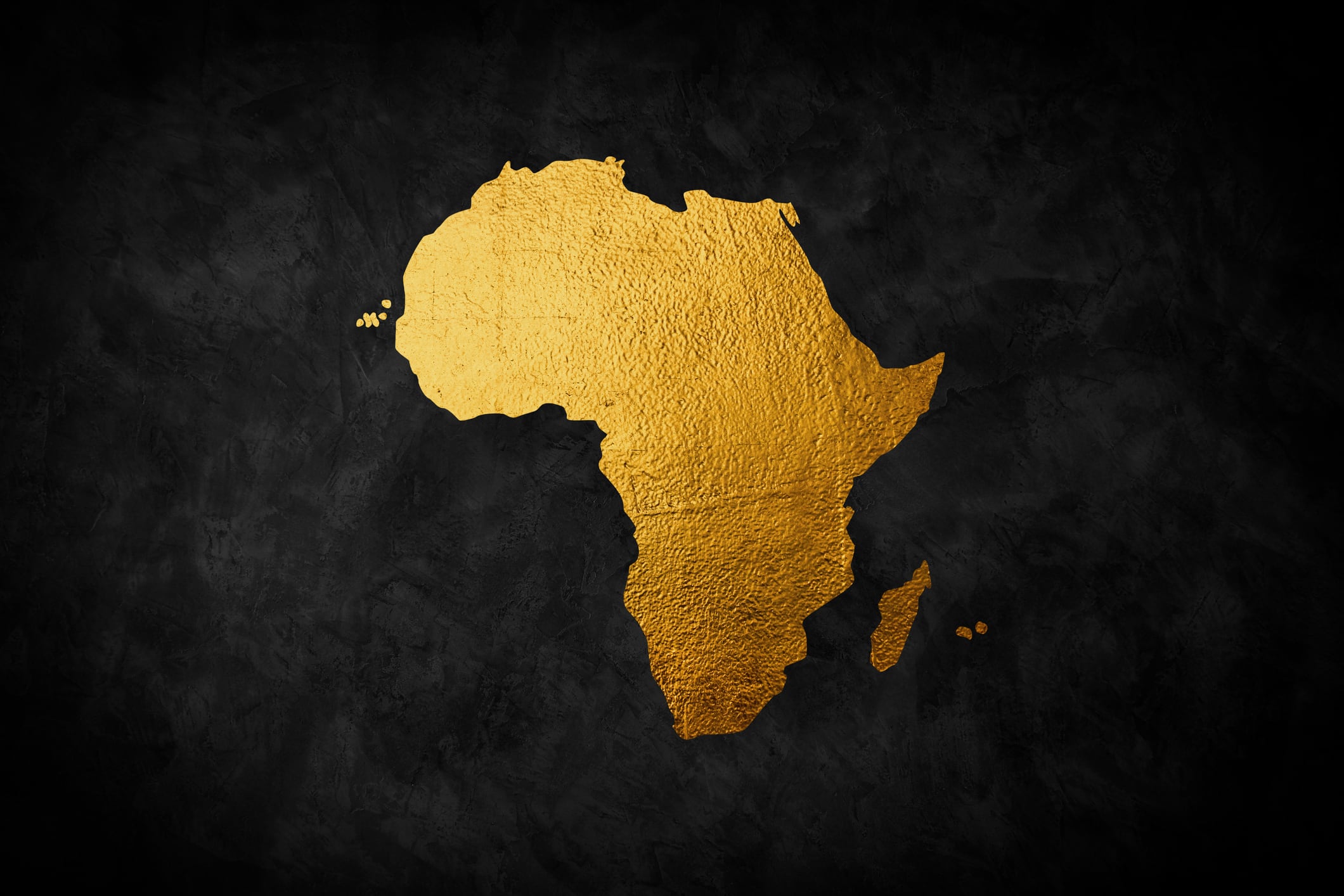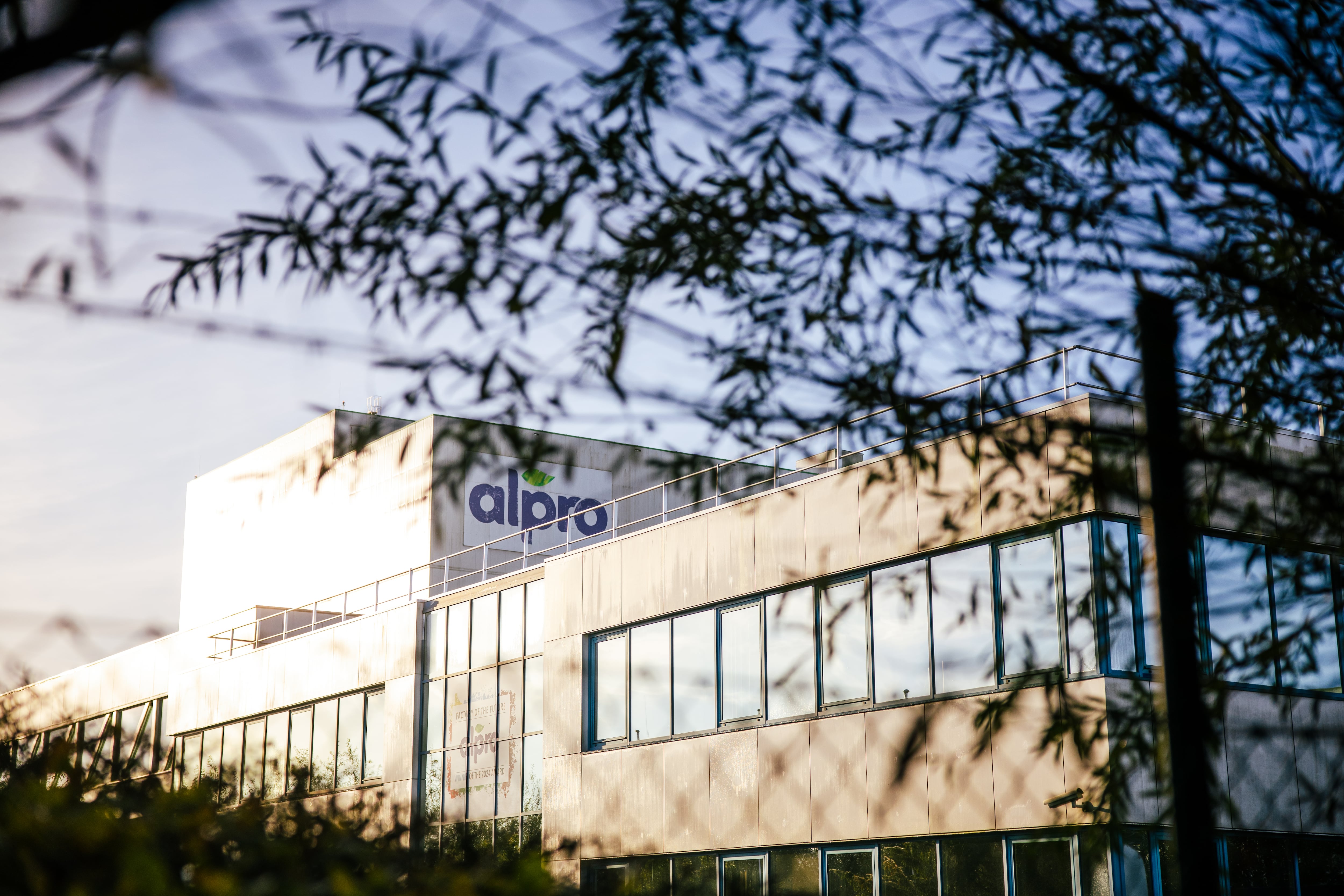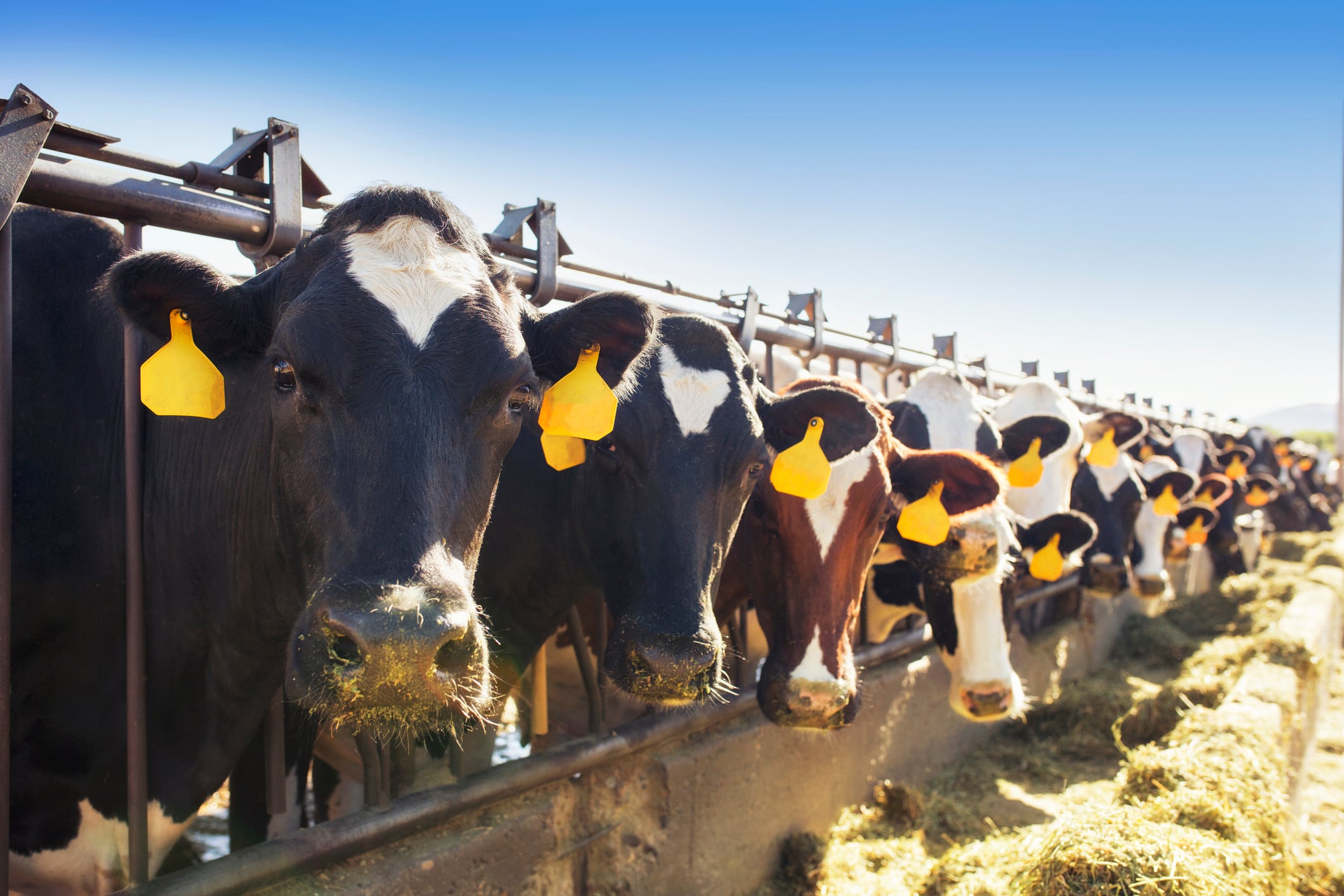International and local investment is flowing into Africa’s dairy industry as finance institutions and dairy processors undertake to further develop the industry amid rising merger and acquisition activity in the continent’s mature markets.
According to Paul Makube, senior agricultural economist for the commercial division of South African lender, FNB, Africa’s milk production and consumption is still way below the global average of approximately 5% and 35 litres per capita per year.
But given the continent’s rising demographic growth, increasing urbanization, and changing dietary preferences, the region has “significant investment potential” to boost the industry to an estimated value of $14.36 billion by 2028.
“Processing and cold-chain distribution infrastructure is also poorly developed, requiring huge investment that can only be sourced externally in most cases,” Makube told us in an interview.
Which African markets are attracting investment?
The African dairy sector has attracted investments in the past few months, with markets such as Kenya, Egypt, Nigeria and South Africa seen as front-runners.
In October, Egyptian dairy group, Beyti announced an investment of about $123 million into a 100,000 tons per year cheese facility.
Prior to that, big multinational player Lactalis Halawa Group acquired Greenland Group in 2019.
In South Africa, investment deals in the dairy sector have included Milco SA’s acquisition of Clover Industries.
Schreiber Foods also invested into a joint venture with the Sundale Dair while EXEO Capital invested into the Fairview Cheese Company.
Investment has been flowing into Africa’s dairy industry beyond mergers and acquisitions as well as joint venture partnerships. Funds are also being put into modernization of existing operations through the importation of equipment from overseas suppliers.
In this regard, the Kenyan government has invested about $5.16 million on a new milk processing plant.
How are food and dairy giants investing in Africa?
Food major Nestlé told us that it continues “to invest in South Africa” operations. “This includes factory upgrades in Estcourt and Mossel Bay, as well digital transformation initiatives which are part of our broader efforts to modernise operations and improve accessibility for consumers and communities,” said a spokesperson for the company.
Alexandra Pecoux, global external communications manager for Danone, said by email that the global dairy processor is “investing in local milk capabilities and supply chain in Ibadan, Nigeria,” which was allowing it to “reduce consumption of imported milk powder by using fresh local” milk.
“Over the course of the next decade, we foresee an exponential boom for protein needs in Africa. Dairy is uniquely positioned to address this nutritional requirement, in a health-focused, cost effective, sustainable way (and) we are ramping up to address this opportunity.”
Alexandra Pecoux, Danone
Danone sees wider opportunities for investment in the manufacturing of yogurts. Currently, per capita consumption of dairy and yogurts is as high as 16 kilograms per person per year in North African countries such as Morocco and Algeria.
However, there are opportunities to boost production and consumption in other regional markets such as Nigeria and Ghana, where the yogurt category is nascent.
Unlocking Africa’s potential
With markets across Africa hobbled by challenges such as infrastructure and poor logistics networks, unlocking fresh local, regional and international investments may also yield further commercial value “through direct injection of funds or joint operations,” said FNB’s Paul Makube.
Another continental lender, Standard Bank, told us that the African dairy sector cold chain is also “an area that we see investment in” in addition to “decentralization of power grids to support cooling at collection” centers.
“Finance for dairy equipment is standard under our Vehicle/Commercial and Asset Finance proposition,” said Standard Bank.
“The processing side is in the majority funded for short-term working capital solutions and asset finance, as the logistical arm is generally incorporated in the processors business.”



